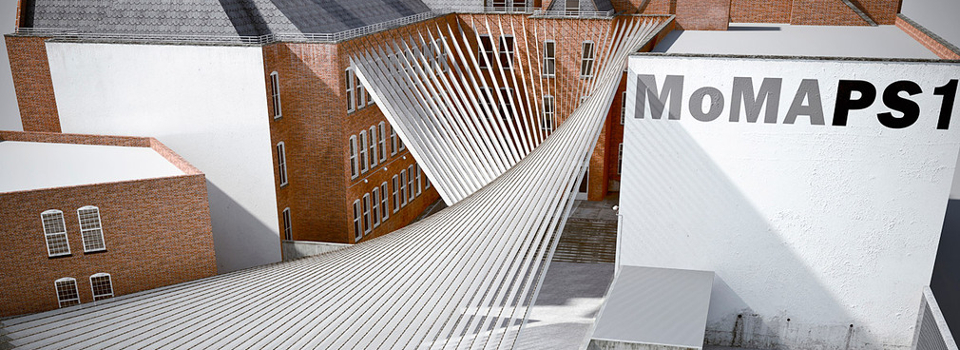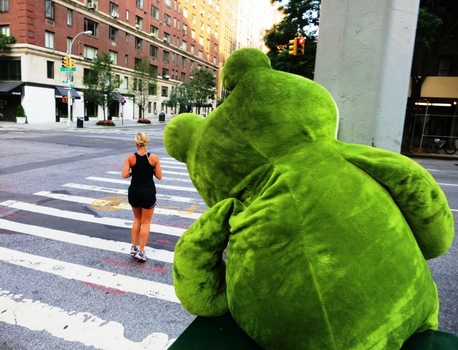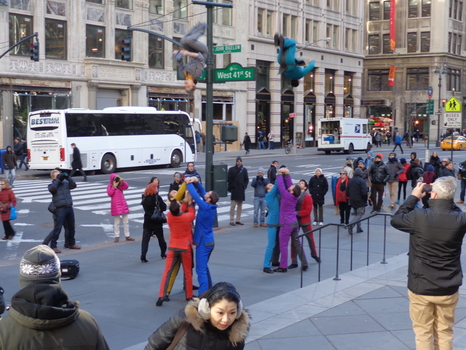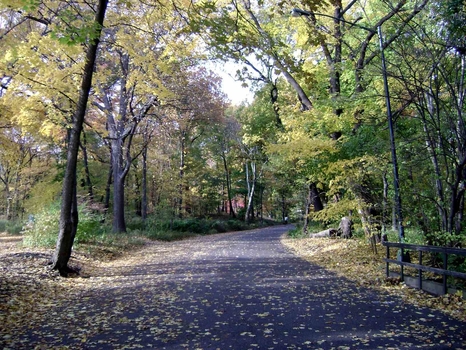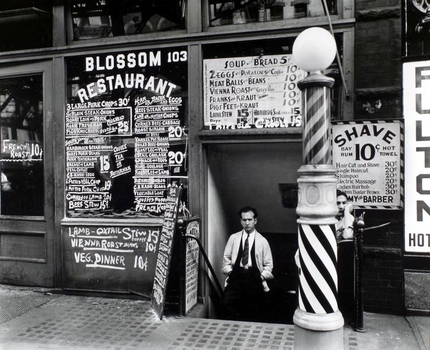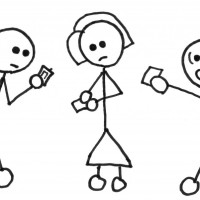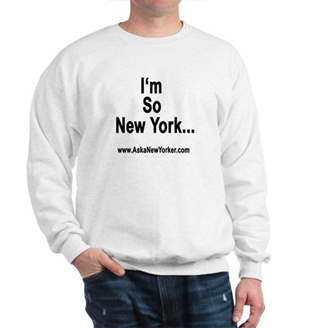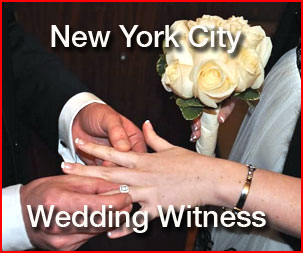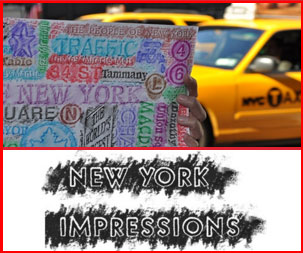Back when I was a lad we had this thing called “high school,” which was the cheapest way to corral all of the young people into a confined space where they wouldn’t bother adults during working hours. (Except for the teachers.) There were various classes, all designed to prep us for life as adults: Chemistry, Math(ematics), History 202, and Lunch. In their own way all of these courses were valuable, because they conditioned us to sit at little desks filling out meaningless pieces of paper for eight hours at a stretch without screaming. Adulthood involves inordinate amounts of time sitting at desks filling out inconsequential forms, so high school is astonishingly good conditioning.
We didn’t have social media when I was in school, though, which was probably for the best. At an age when coolness is supreme and being left out is worse than rickets, I pity the generation burdened with omnipresent social media.
Facebook hit the scene when I was in early college. In high school we had text messages, but no one had figured out how to use them for anything yet. Because, from our perspective, everyone we knew was in the same building, so we had little use for mobile phones. We would just lean over and talk to our friends or, often, throw things at them.
By middle school we had AOL Instant Messenger, which was sort of a midpoint between Facebook and telegraph machines. You would cook up a stupid name, like GiraffeLover88LOLROLF and chat to people of the opposite sex online, because just like today’s youngsters, we were all horribly frightened of one another and avoided direct contact where possible. AOL Instant Messenger didn’t have photos or events, and it was confined to unwieldy desktop computers. Thus it only ever informed you of subjects if someone directly typed and sent that information to you.
I went to a reasonably small high school of about five hundred students. On any given Friday night there were probably fifty or so groups of kids clotting around movie theatres or bonfires. I hung out with the Cool Kids, so we spent a lot of Fridays playing Dungeons & Dragons, followed by driving a van around a lake while shining industrial-grade spotlights at parked cars. It was terrific!

Back then I had no idea if a party was happening elsewhere. If the other kids were doing something lame, like standing around drinking in a field, we would only gain passing awareness of their delinquency the following week, by which time we were all too busy coming up with new ideas about how to defeat the Orc King to care.
If we had today’s technology back then, I suspect we would have all been nervous wrecks. Because every weekend we would have seen a flood of images detailing how much unbelievable fun everyone else was having at their shindigs. In all sincerity, I still think playing Dungeons & Dragons followed by lugging a spotlight around a lake after dark was the optimal amount of tomfoolery for my group of friends. But our teenage brains would not have arrived at the same measured conclusion. It would have bothered us to know we were missing out on other social gatherings, even if they had a pitiful absence of wizards and spotlights.
Now, eyeballing thirty, I am much less concerned with missing out on things. This is because, as you approach thirty, you become decreasingly concerned with what everyone else is doing, and surprisingly interested in if you’ll be getting home by eleven o’clock or not. When you are sixteen, you are hyper aware of not being invited to something. Being in the thick of things is of cosmic significance.
 I suspect that Facebook and the subsequent Fear of Missing Out makes kids check their phones obsessively, the way meerkats search for hawks. Even the cool kids. Say you’re the most popular group of kids at the school, straddling the apex of hipness. Maybe there is even a girl who attends your D&D game sometimes. (This happened to my group of friends on March 8th and April 12th, 2003.) Despite being front-and-center in the eye of the coolness storm, you’re still aware of everything else you were invited to, but didn’t attend.
I suspect that Facebook and the subsequent Fear of Missing Out makes kids check their phones obsessively, the way meerkats search for hawks. Even the cool kids. Say you’re the most popular group of kids at the school, straddling the apex of hipness. Maybe there is even a girl who attends your D&D game sometimes. (This happened to my group of friends on March 8th and April 12th, 2003.) Despite being front-and-center in the eye of the coolness storm, you’re still aware of everything else you were invited to, but didn’t attend.
The more options we have, the more stressed we become. The human brain is a poor rationalizer of options. So even if a high school student is invited to all twenty events happening on a Saturday night, and they select the best, they are nonetheless cognizant of all other nineteen events they are simultaneously not attending. I doubt very many high school students say, “Hey, let’s all turn off our cell phones so we can really live in the moment, right here!”
I’m not critiquing teenagers—far from it. I think middle school and high school students have a harder time socially then I ever did. I feel genuinely sorry for the generation who got tossed a cognitive hand grenade without any guidance or coping mechanism.
On the upshot, though, there is probably a really badass online version of Dungeons & Dragons by now, if any of you are free this Friday.
Andrew Heaton is a writer and standup comedian in New York City. His website is www.MightyHeaton.com

